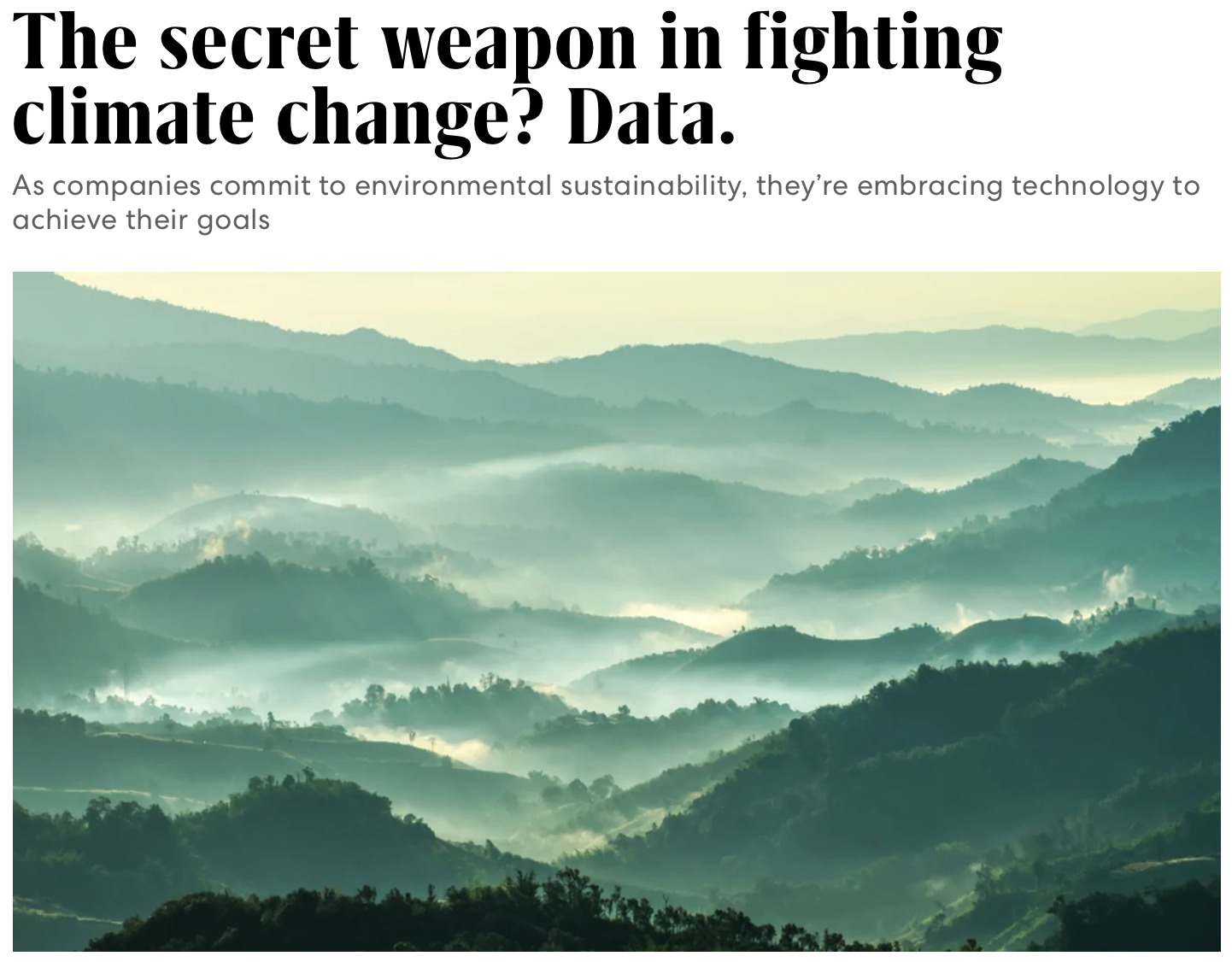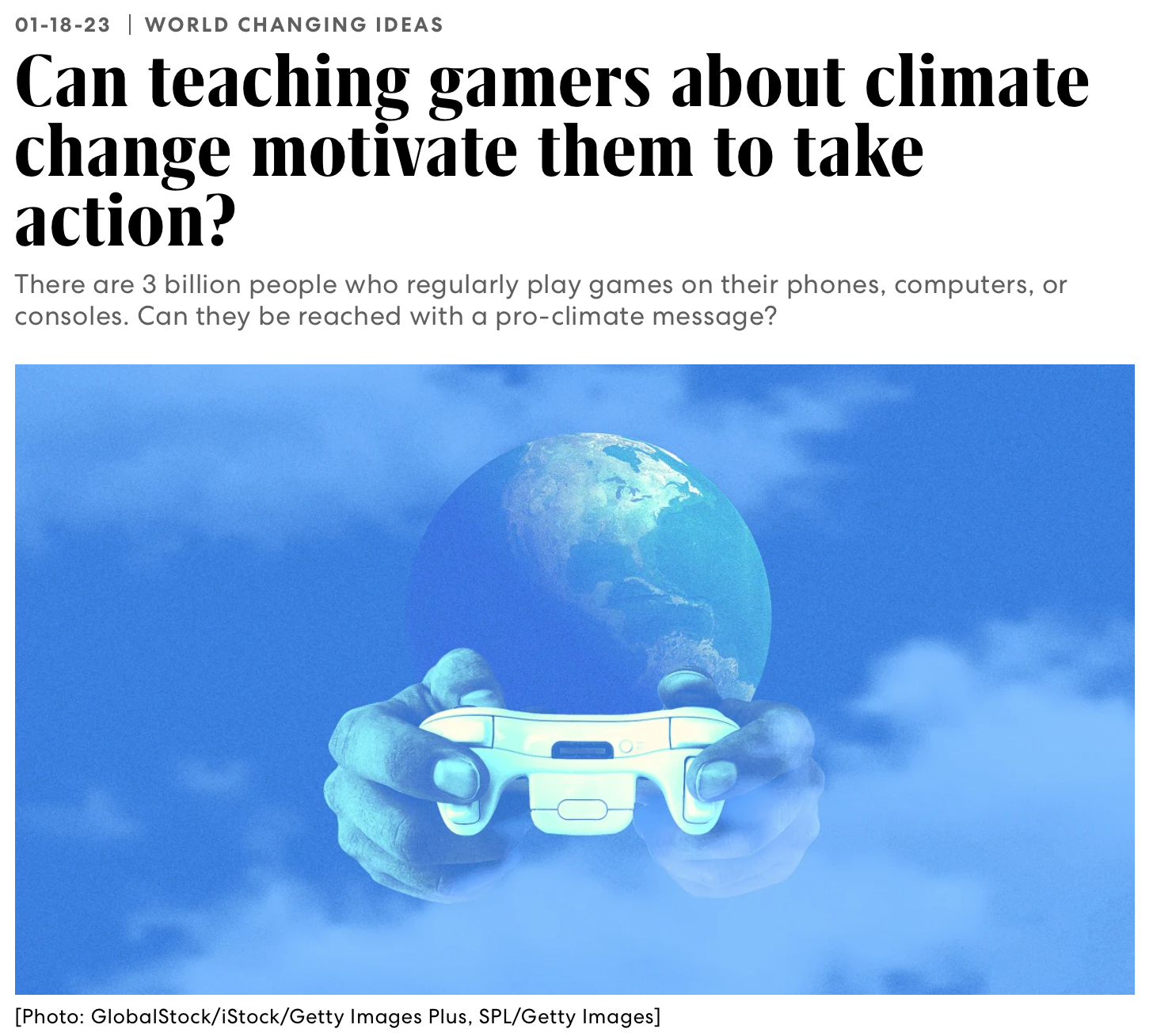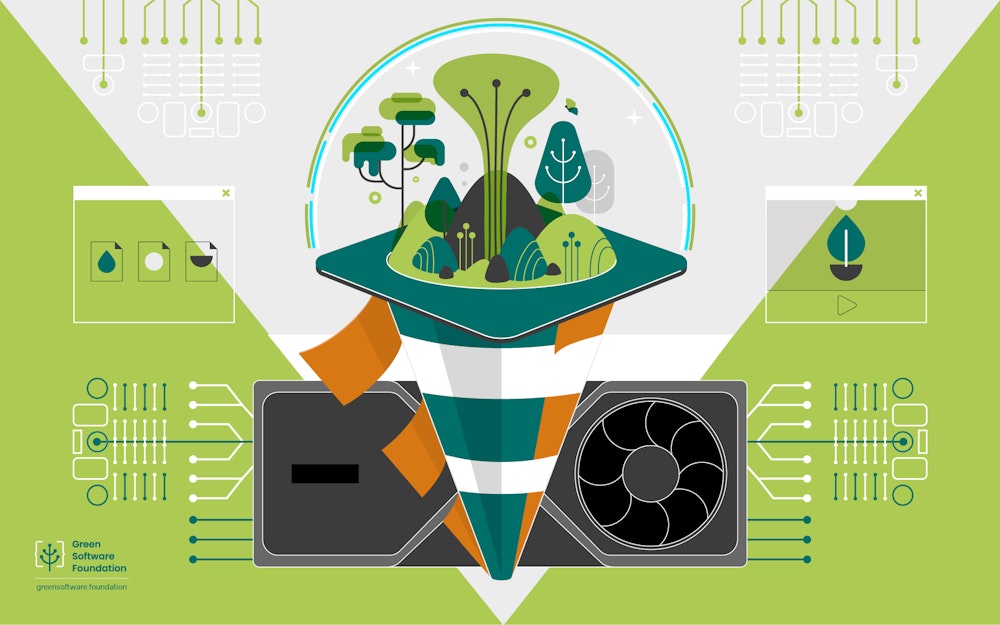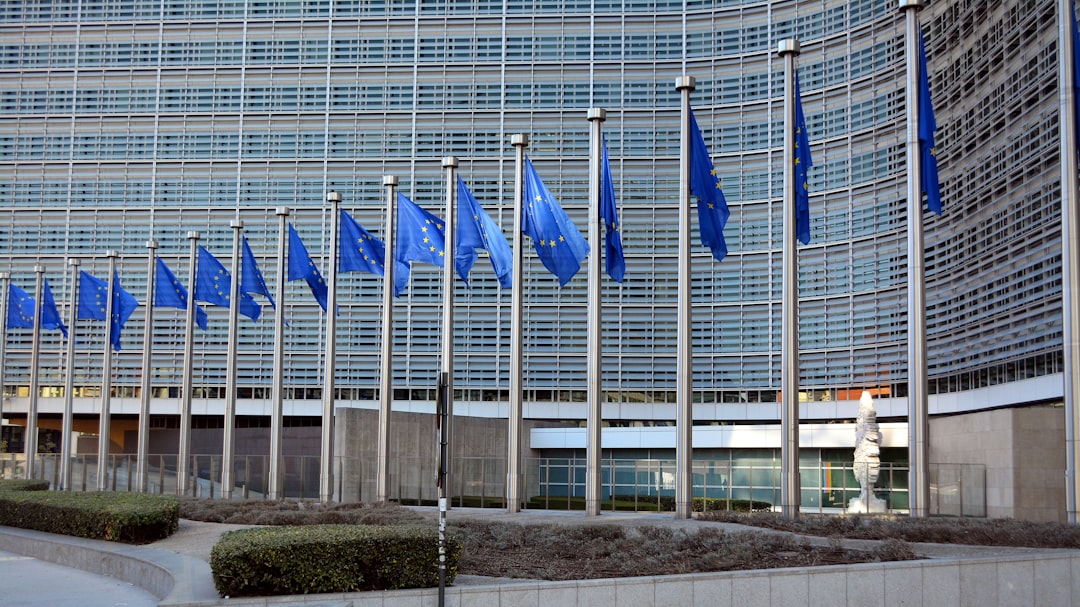GTG Links No. 15 – Jan 27th

It's the middle of summer here in Australia – I figured Northern Hemisphere readers might appreciate sharing in the excess sunny vibes this week (it's going to be 37ºC tomorrow). I'm also going to start trialing putting some of my notes on stories behind the paywall – I'll keep the links themselves free for all, but I'm looking for more ways to give supporters a bit extra for their support. Cheers GTG supporters, you rock!
Fossil Free Gaming with Solar Server
We're big fans of Solar Server by Kara Stone – this fortnight Kara announced the teaser for the first game for the 100% solar & battery powered set-up. Check out the explanation of ‘Known Mysteries’ and then go watch the solar-optimized trailer on the solar-powered website itself. Great experiment in seeing what can be done with just renewables.
And a nice little plug for Kara (and others!) appeared in the Guardian today too:

Fast Company with a couple of stories on climate, tech and games


The second one features yours truly plus a couple of other legends. As long-time readers will be aware, I have a deep scepticism of the focus on changing or influencing players while the games industry remains a major source of emissions itself. Cart before the horse, and all that, as I explain a bit in the piece. Anyway, see for yourself what you think – I developed this argument much more substantially in Digital Games After Climate Change. I suspect its one I will be making for some time to come.
White Paper: Green Software Foundation on Carbon-Aware Computing
Did I link this one already? Or just the announcement? In any case – here's another link to the white paper.

And a separate high-level summary of some more general strategies for reducing software energy consumption which seemed useful to pair it with.

Sustainable UX

Special shout out to all the UX professionals among the GTG Readership. Huge respect to those of you out there busy working hard to ensure low-emissions solutions actually stand a chance of surviving their encounter with users, fit their needs and expectations, and makes it out the other side to have a tangible impact.
Deloitte C–Suite attitudes to sustainability report
Do you want to know what CEOs/CTOs/CFOs etc really think about sustainability? Well, there's a new report out for that. It's their 2nd highest priority in 2023 (after the impact of macro- economic conditions) which I hope translates into tangible institutional support, resources and prioritisation. A lot of work I've been doing lately is about exactly how to help make those decisions easier for leadership, with data, strategy, planning, risk assessment, and so on. The reasons to take action just keep piling up, and the excuses for delay keep shrinking...

GHG Protocol looking to update Scope 3 rules for the first time in over a decade
This article details what is at stake with the update to the GHG Protocol's Scope 3 – easily the largest part of the emissions picture for any firm – which is still governed by largely 'optional' disclosure rules and reporting categories. Essential reading!

Emissions First Partnership
One of the groups looking to push solutions to some of the issues outlined above, is the Emissions First Partnership. It features some pretty heavy hitters, and their list of 'principles' is a useful guide for those wanting to go beyond the baseline minimums (via a mention in the Greenbiz article above).

Fight to Repair discusses the new EU battery regs

Built to last
appliances pic.twitter.com/tMKuflpgTY
— poorly drawn lines (@PDLComics) January 26, 2023
My Switch joy-cons burned bright, and burned out fast (stick drift). Please make more repairable stuff.
Red Hat commits to net zero by 2030

Rocky Mountain Institute on the climate finance trends to watch

This is cool – new recycling options for wind turbine blades

So-called Sustainable Aircraft Fuels are just deep fryer leftovers?
Is this funny or sad – I really can't really decide.
“Seven types of [Sustainable Aircraft Fuels] are approved for “drop-in” use in existing jet engines, including fuels derived from forest residues, corn stalks and municipal solid waste. Yet nearly all of the world’s supply comes from just one type of fuel: hydroprocessed esters and fatty acids, known as HEFA, which is primarily made from pork fat, beef tallow, used cooking oil and the gritty, goopy fast-food remnants swishing in the back of Brittell’s truck.”

The All-Stars of the Sony sustainability research team argue for “deep links” between industry and govt for sensible regulation

Energy prices, inflation, institutions and the Polycrisis
I think this next one is really worth reading alongside the arguments made by the team above, as they both speak to the incredibly complex terrain of the present (if indirectly, in the former's case), with multiple overlapping crises and how to respond to (and govern!) them. It's a really great interview with Isabella Weber (economist and researcher, who served on the German gas price commission) on the challenges of the energy transition. The main contribution is about
“It’s not as though you have a given amount of energy and you smoothly transition from one system to another. It’s more like first you have an oversupply, and then you shut down the system you want to get rid of. There will be a moment in which you have both, so it’s not a gradually changing composition. This also means that there will be bumps, but maybe fewer bumps than if you were to try to mimic the straight transition path.“

It's also about some quite wonky aspects of modern economic theory and the impacts of specific prices of commodities in the economy and their centrality to inflation – especially relevant for climate policies as Kate McKenzie explains, a recent paper by Weber
builds on work by Robert Hockett and Saule Omarova about the criticality of certain prices and sectors... [and] also sheds new light on... the inflationary implications of the inherent volatility in fossil fuel-based energy systems. The upshot... is clear: governments that build out clean energy infrastructure are permanently reducing inflationary pressures.
That'll do for this week. Catch you next time.











